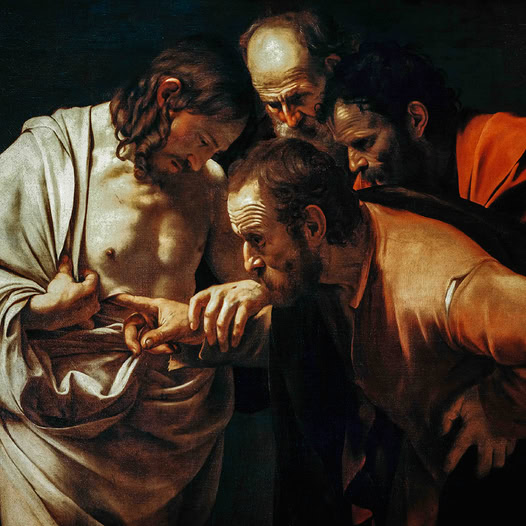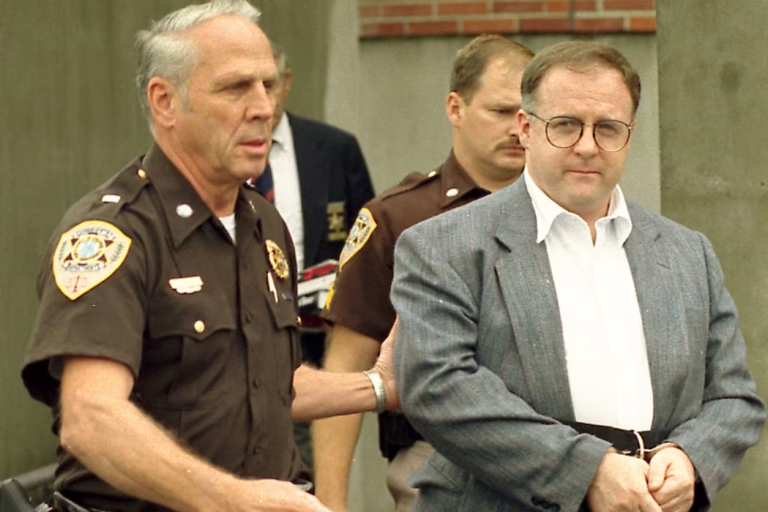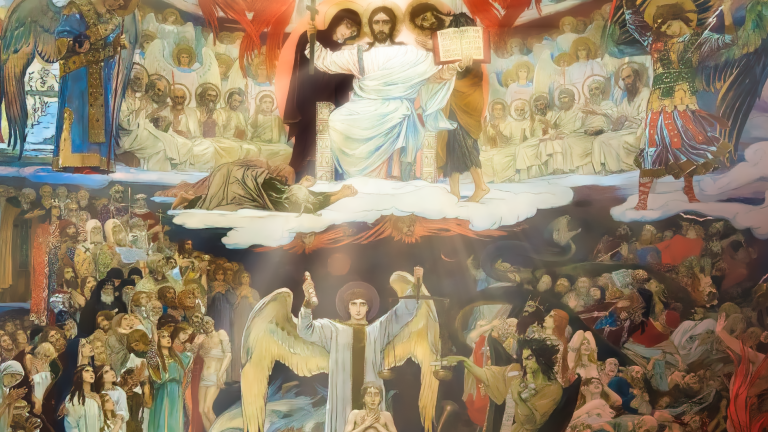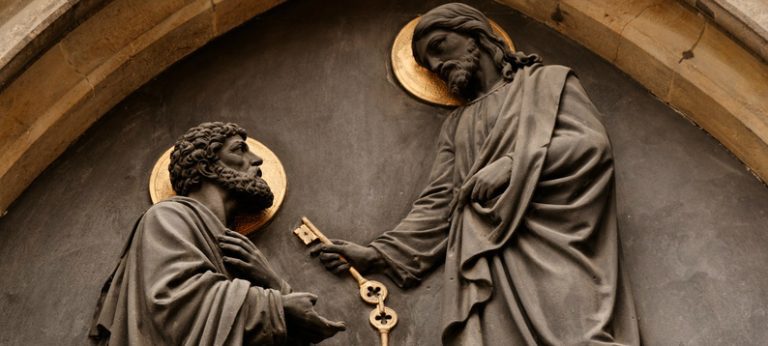Napoleon returned from his successful invasion of Egypt after having done some real good for Europe in smashing the power of the Mamelukes. In Syria, he defeated Ottoman forces. While he was not able to take Acre, whose fortifications were simply too much for his small army, he did weaken the Ottomans, not only by defeating them, but by showing the world how easy it was for modern armies to destroy the primitive Turks.
He returned to France, leaving his victorious army occupying Egypt. When his ship was a few miles from the French port of Toulon, he took an absolutely terrifying risk. He was just two or three hours from landing when a fleet of English ships appeared on the horizon. He was asked if he wanted to be rowed ashore on a small boat, which would guarantee that he’d get there despite the vagaries of the wind. With his entire future at stake, he refused. He decided to sail into port, even though it and the couple of smaller boats with him ran a huge risk of losing wind and being taken or sunk by the much larger enemy fleet of 30, mostly ships of the line. Its experienced English sailors and cannoneers would have captured or sunk the tiny French force with ease. His certitude in knowing that he could take such a terrible risk was beyond rational thought.
One explanation to be considered when analyzing such an utterly needless risk: he’d sold his soul in exchange for earthly power and domination, and thereby knew that he’d not be stopped. His risky decision was correct. The English fleet sailed away, seemingly without seeing the French ships carrying the deadliest enemy that England would have until Hitler.
That Revolution Ended With Another Risk
Napoleon made his triumphant way to Paris, knowing that he would take control of the government. All his activities were devoted to making this happen. He began by ensuring support from the Army. Then, he got The Directory on his side. Threats, and bribes filled the air like raindrops in a storm.
There was one obstacle, a house of elected legislators comparable to our Congress or to England’s Parliament. They refused to be bullied into leaving Napoleon in what would be sole charge of the government. “We have a duty to France and to the people who elected us. We will not throw away their rights.” was their conclusion.
He failed to talk or bluff the officials into abandoning their duties. Napoleon, in fact, did such a poor job of making his case that one of his supporters stopped him, and ushered him out of the room because he was making no sense at all in a huge gathering of glib politicians.
He went outside, and took command of 500 grenadiers, and marched them to the hall, accompanied by his brother, Lucien. He’d been working behind the scenes for Napoleon’s takeover of the government, and the two of them were on horses while the soldiers marched. When the grenadiers got to the hall, Napoleon ordered them to fix bayonets, and to clear the rooms within.
They hesitated. The legislators inside were duly elected officials. They were properly and courageously doing their legal duty. The soldiers wanted to obey Napoleon, but feared the consequences of disobeying what they knew was the law.
The future of twenty five million French citizens was hanging by a slender thread: either the properly elected representatives of the people would run the government, or one man would restore the monarchial form of government that over a million of their countrymen had died to replace with democracy.
Lucien saw the troops hesitate and knew that further hesitation would be fatal. Napoleon was at a loss for words. Lucien dramatically drew his saber, and held it at Napoleon’s chest. “If my brother does one thing to hurt the freedom of France, I will plunge this sword into his heart!” he loudly proclaimed. A rousing cheer went up from the troops. The five hundred grenadiers obeyed their orders. They fixed their bayonets, stormed the hall, and drove all before them as if dispersing a mob of rabble in the streets. Frightened representatives jumped out the windows, raced out the rear doors, and the former rulers of France disappeared into the darkness as fast as they could fly.
The Revolution was over. Napoleon began to assume personal control of the 24,000,000 French people who’d survived the Reign of Terror.
France’s greater punishment was about to begin. God would take His revenge on the nation that spilled the blood of His anointed King. He would allow the Culture of Death to use Napoleon to wreck the vengeance that His Holy Writ tells us is His.








